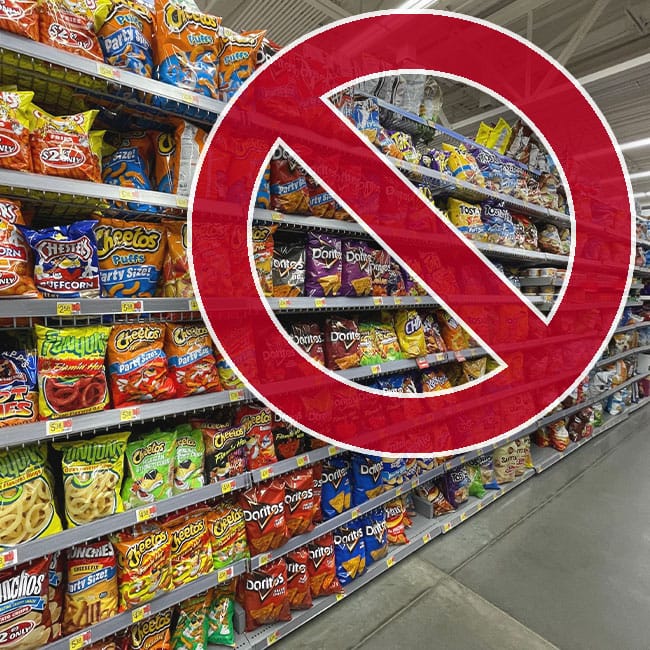This is an archived article and the information in the story may be outdated. Please check the time stamp on the story to see when it was updated last.
It becomes increasingly difficult to lose weight and keep it off after the ages of 40 and 50. And, for women, one of the culprits behind its difficulty is hormonal — perimenopause or menopause, the latter of which occurs when a woman ceases having a menstrual cycle for 12 months.
Along with menopause (and sometimes before menopause) many women experience weight gain. In addition to making dietary and lifestyle changes to help speed up their metabolism, supplements can help.
This is the one vitamin you should be having every morning to get rid of stomach and back fat over 50.


There are four main reasons why menopause makes weight loss so much difficult, according to Healthline: hormone fluctuations that lead to an increase in fat storage is a big one. A loss of muscle mass, changes in sleep and lack of sleep, and increased insulin resistance are also to blame.
When this weight gain takes place, women often experience a shift in body fat from their hips and thighs to their belly — where it’s notoriously difficult to shed extra fat.

If you aren’t already following a healthy diet that includes plenty of protein, healthy fats, and that is low in sugar, refined carbs, alcohol, and processed foods, now is the perfect time to start.
But, in addition to these changes, supplements can help — including this one vitamin you may not be getting enough of at the moment.

Vitamin D
There are a number of vitamins that experts say can help you make a healthy transition during menopause — including vitamins B-12, B-6, E, A, and vitamin D — otherwise known as the sunshine vitamin.
According to Healthline: “Older women, especially those who are homebound or not exposed to sunlight, are at risk of vitamin D deficiency. Women ages 19 to 50 should get 15 mcg (600 IU) vitamin D daily; women over 50 should get 20 mcg (800 IU). Although it’s possible to do this with a diet rich in vitamin D, it may be best to take a supplement.”
There are even studies that link vitamin D with less risk of obesity, Type 2 diabetes, cardiovascular disease, and hypertension.

Taking a vitamin D supplement is a good idea if you want to be certain you’re getting enough of this important vitamin. But it’s always better to get nutrients from whole foods — and you can find vitamin D in foods like:
Cheese
Fatty fish
Fish liver oils
Beef liver
Egg yolks
Fortified foods like certain cereals
Whether you obtain vitamin D from food, supplements, sunshine, or some combination of all three, be sure to get enough of this nutrient, especially if you are a woman who is 50 or older.


























